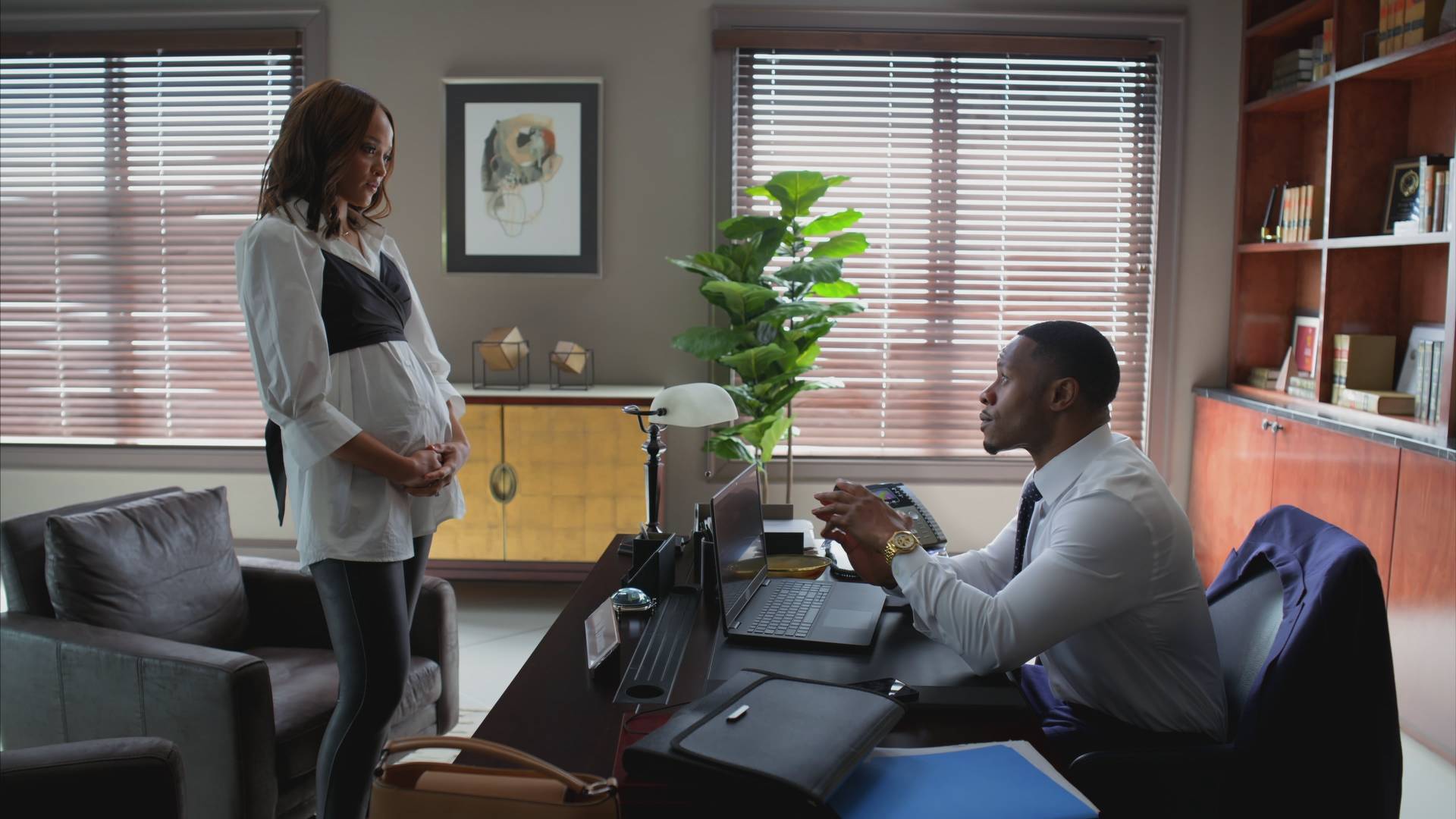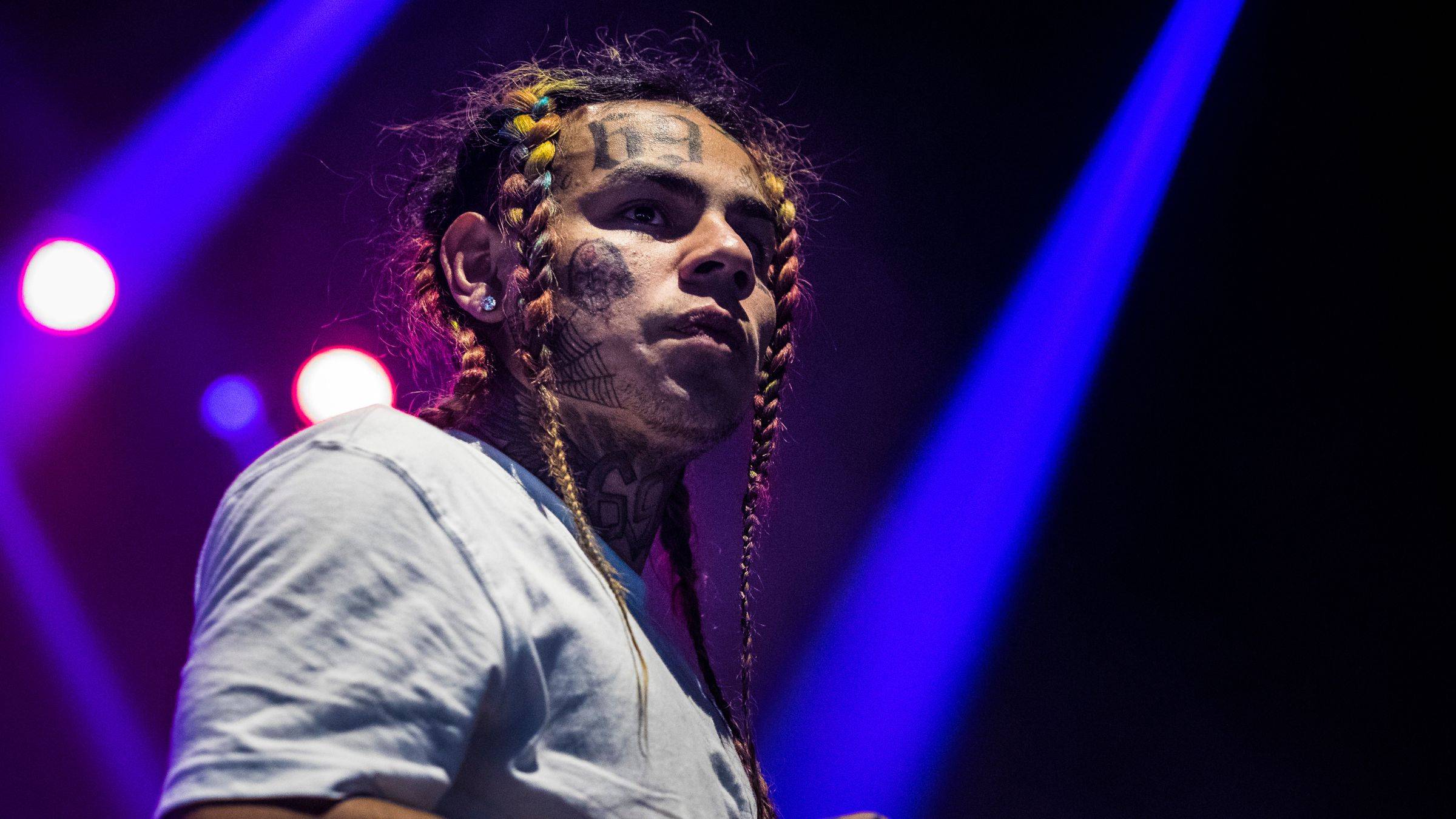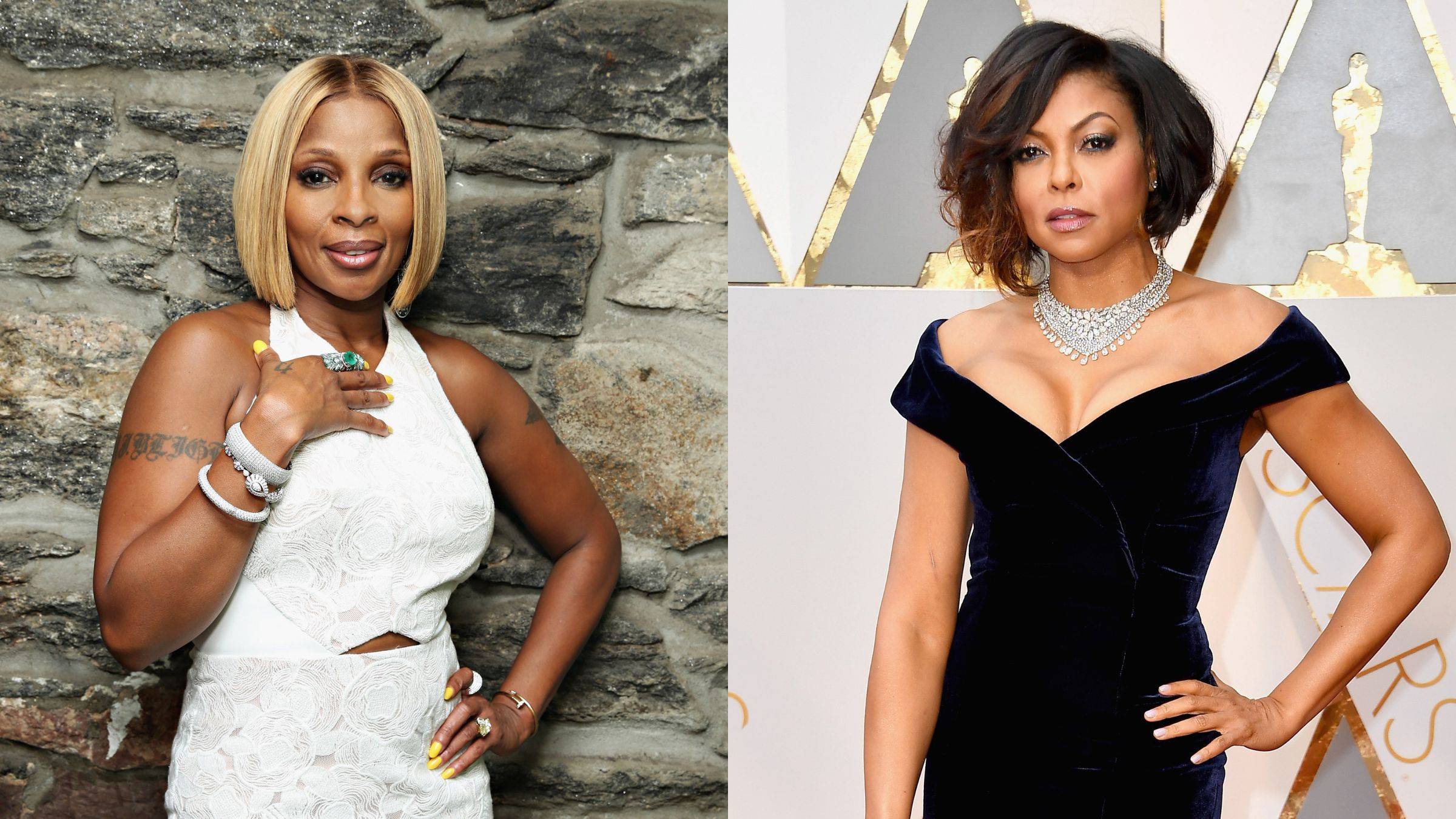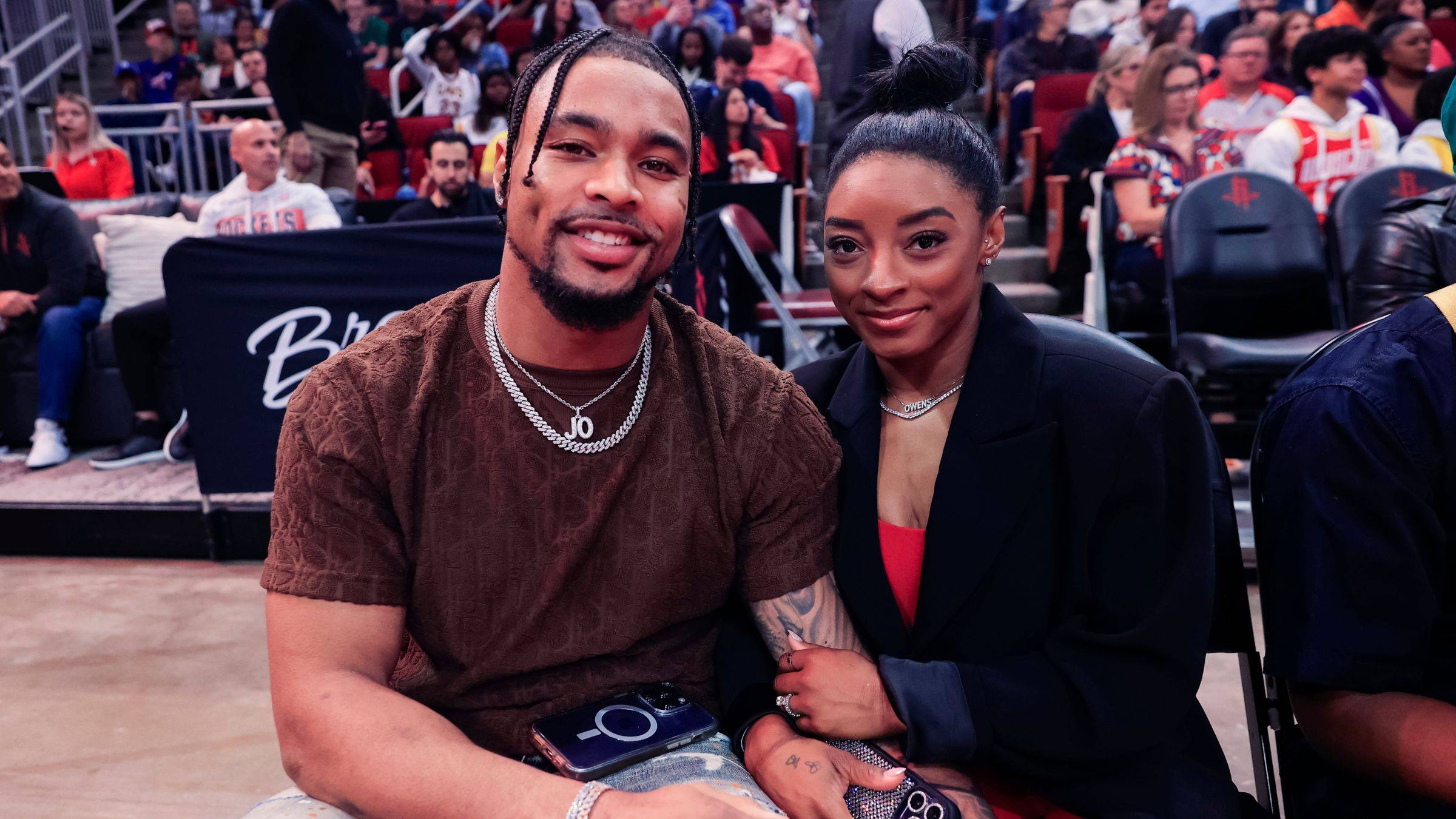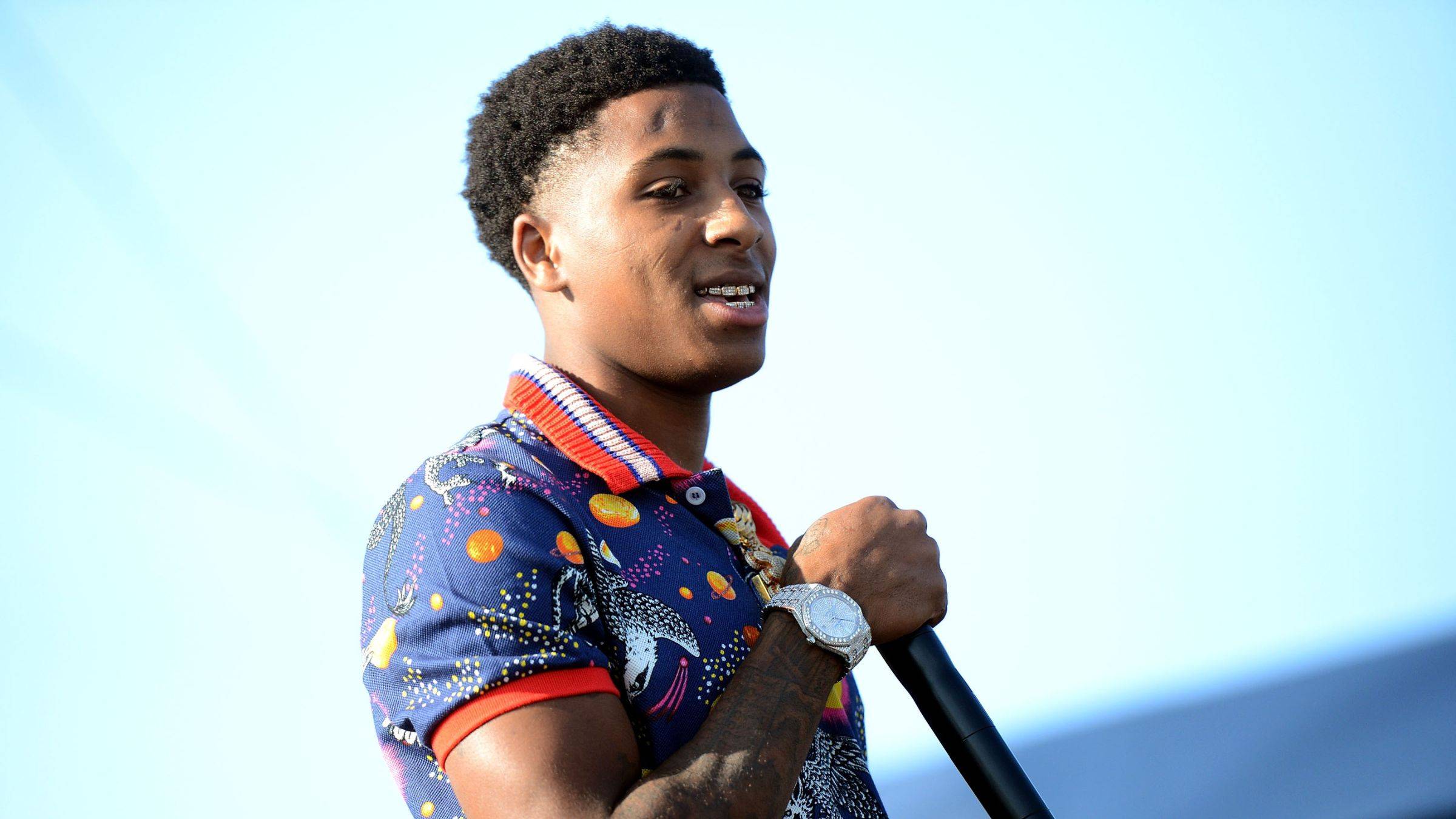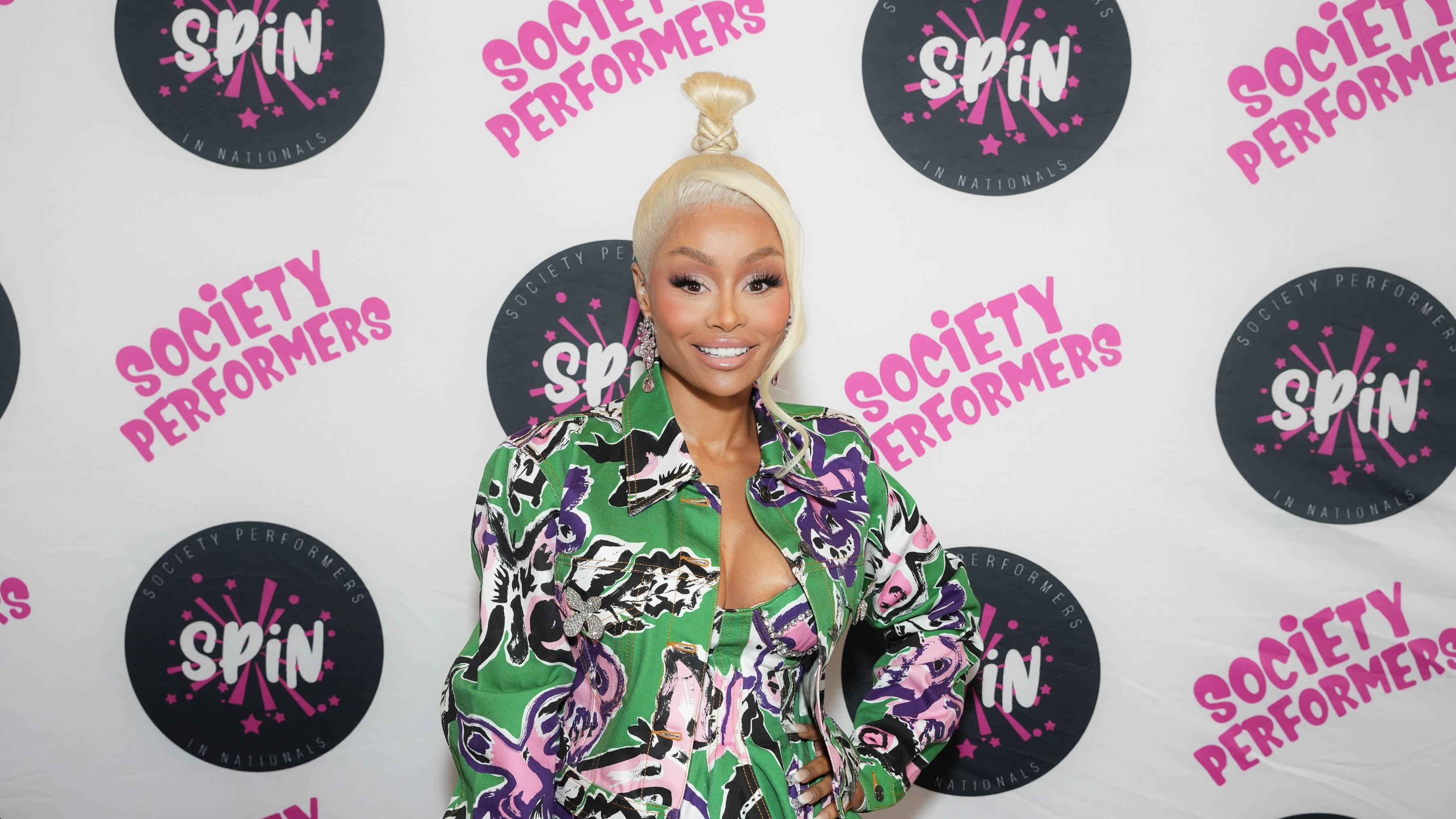Q and A With Rep. Keith Ellison

Rep. Keith Ellison was very emotional during his testimony before the House Homeland Security Committee on the extent of the radicalization of American Muslims last week. (AP Photo/Alex Brandon)
Rep. Keith Ellison (D-Minnesota) is one of only two Muslim Americans serving in the U.S. House of Representatives. Last week, he made headlines during and after his emotional testimony and appeal at a Homeland Security Committee hearing convened by Rep. Peter King (R-New York) to investigate the alleged radicalization of the Muslim American community, which Ellison says unfairly targets one group.
Rep. Ellison spoke to BET.com about the growing problem of extremism that is occurring among a variety of groups and shared his thoughts about how to approach it.
BET.com: Do you think that the hearings are a signal that the nation hasn’t yet recovered from 9/11 or is it a sign of something more ominous?
Rep. Keith Ellison: I think the country would easily recover from 9/11, but there are people who exploit the tensions of 9/11 in order to advance their own interests. The country would naturally heal, understand that it was evil terrorists who did that, operating on the basis of an evil ideology, and all faiths, all colors, all ideologies—should come together to protect our country from these people. But there is an anti-Muslim campaign going on and I don’t think that I’m overstating the case by saying such things exist.
How relevant is the Muslim radicalization problem?
It’s a problem, but it’s not only a Muslim problem. There has been violent radicalization from everywhere, from Timothy McVey to the guy who flew the plane into the IRS building to the man who shot up the Holocaust Museum. If you look up the statistics from the Southern Poverty Law Center, they will tell you that hate groups have topped over 1,000 and this is a problem in our society.
What do you think is causing it?
There are people who’ve come to the conclusion that rather than mobilize people or use their First Amendment rights, they’re going to use violence to try to impose their will on everybody else. This comes in various ideological forms.
What makes somebody vulnerable to that?
Part of it is just people who have very concrete, binary views of the world, the good and the bad, us versus them, and they cultivate that kind of thinking to an extreme. There are also people who are weak minded, perhaps even mentally challenged, like Jared Loughner. Another example is some pro-choice people who think abortion is the incarnate of evil and think of themselves as emissaries from God. Once you think you’re an emissary from God and somebody else is the devil, you think it’s a public service to kill them. The people who often promote these ideas would never carry out mass murder, but they pump up other people to do it.
What is the solution moving forward?
Engagement. In the Muslim context, we have to create a situation where the Muslim community at large feels like the government is not out to get the community but out to get the criminals who are trying to exploit and hide within the community. We need to create an environment where if you go into the Muslim community saying something of a violent nature about our country, then somebody’s going to report you and where the criminals who would do that become fearful. We’re not going to stop people who are evil or absolutist thinkers from being that way, but we’ll dry up any support they will have.
We have to get out and start talking to people and avoid hearings that target an entire community, like the King hearings. Part of the title is “The Extent of Radicalization in the Muslim Community.” That’s everybody; that’s my 14-year-old daughter. And “The Community’s Response to It” assigns a certain responsibility or blame to the community. It’s individuals who commit those crimes and our whole community, all America, needs to address it. It’s like saying, “What are you Blacks going to do about Blacks who sell dope?” It’s the very essence of collective guilt.
How has the Muslim community been responding to radicalization?
In my city of Minneapolis, we’ve had extensive hearings and work closely with different groups. There has been quite an extensive degree of interconnection. There are a number of communities that need to do better and we’ve had ample success, but we need to build on it. That starts with reaching out.
What did Mr. King say when you asked about broadening the scope of the hearings?
He said no.
How do you think they should be broadened?
They should deal with the issue of violent radicalization period and within certain contexts. One group is going to say you’re standing up for God and the unborn and the other is going to say America’s at war with Islam and you need to join the global jihad to fight for Allah, but they employ the same psychological tricks and games.
We need to get experts who understand the psychology of radicalism. We need to understand how to counter this kind of ideology. We also need people who are in law enforcement dealing with it everyday and people who are on the ground developing strategy.
Do you think King planning to develop some sort of policy or law as a result of the hearings?
I don’t know. If what we’re doing is not aimed at creating legislation, then the question needs to be asked what in fact are we doing? This is Congress, not a think tank.
What do you think is behind his desire to hold these hearings? Is he scapegoating Muslims?
I think he is genuinely concerned about our country’s safety, but I also think that he is throwing red meat to the base; us versus them politics.
Would you like to see President Obama intervene?
The president has done a number of things that I thought were of a positive and beneficial nature that try to help Americans understand Muslims as their fellow Americans. For example, when he hosted the iftar at the White House he spoke about the right of the people who were building the Islamic center near ground zero to do that. I think that was a courageous thing for him to do.
Do you think there will be any backlash as a result of the hearing? Will people be less likely to come forward with information?
I think the biggest thing that will happen with the Muslim community will be a greater level of civic engagement and a greater desire to participate and be a part of American society.
